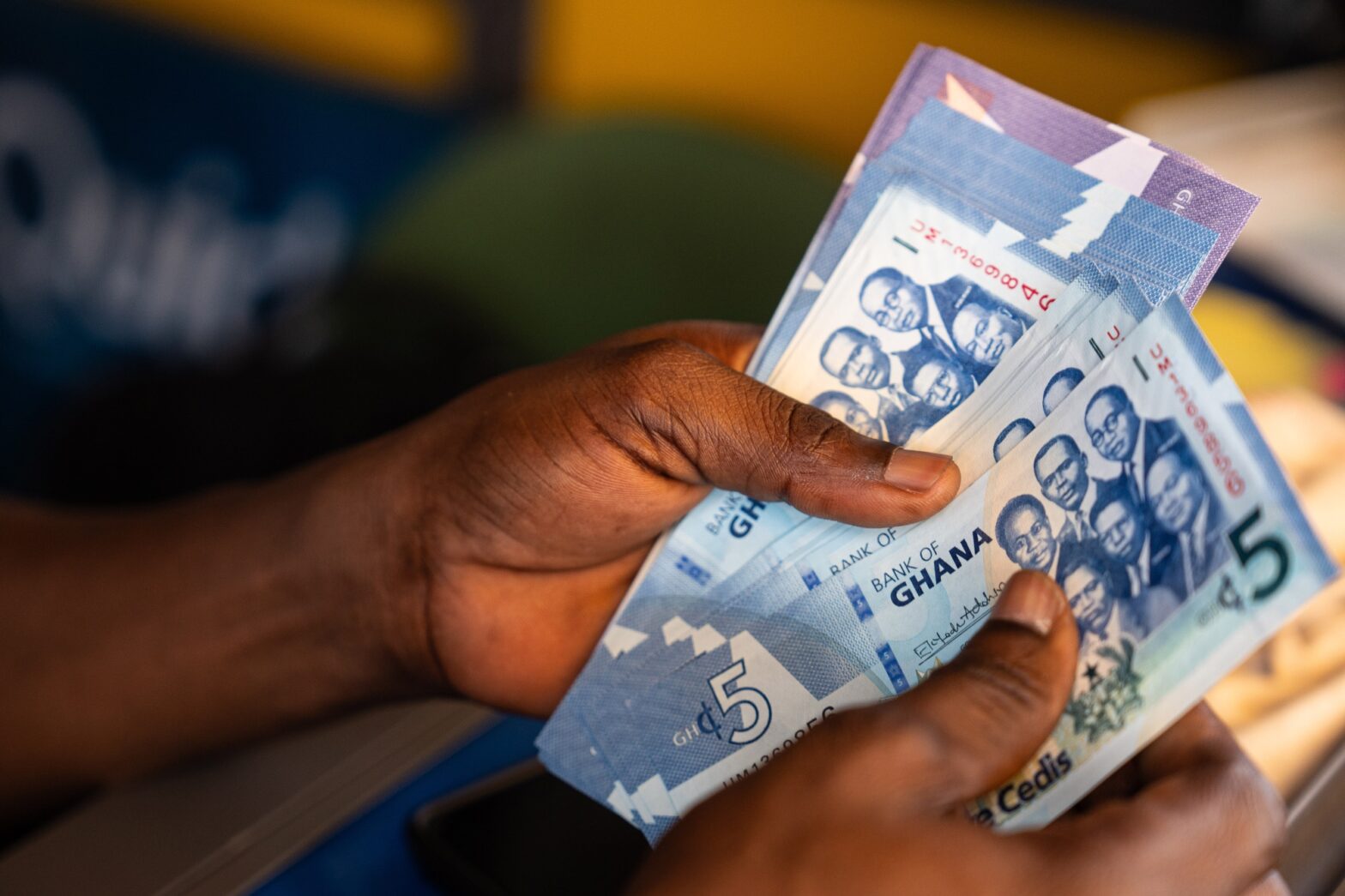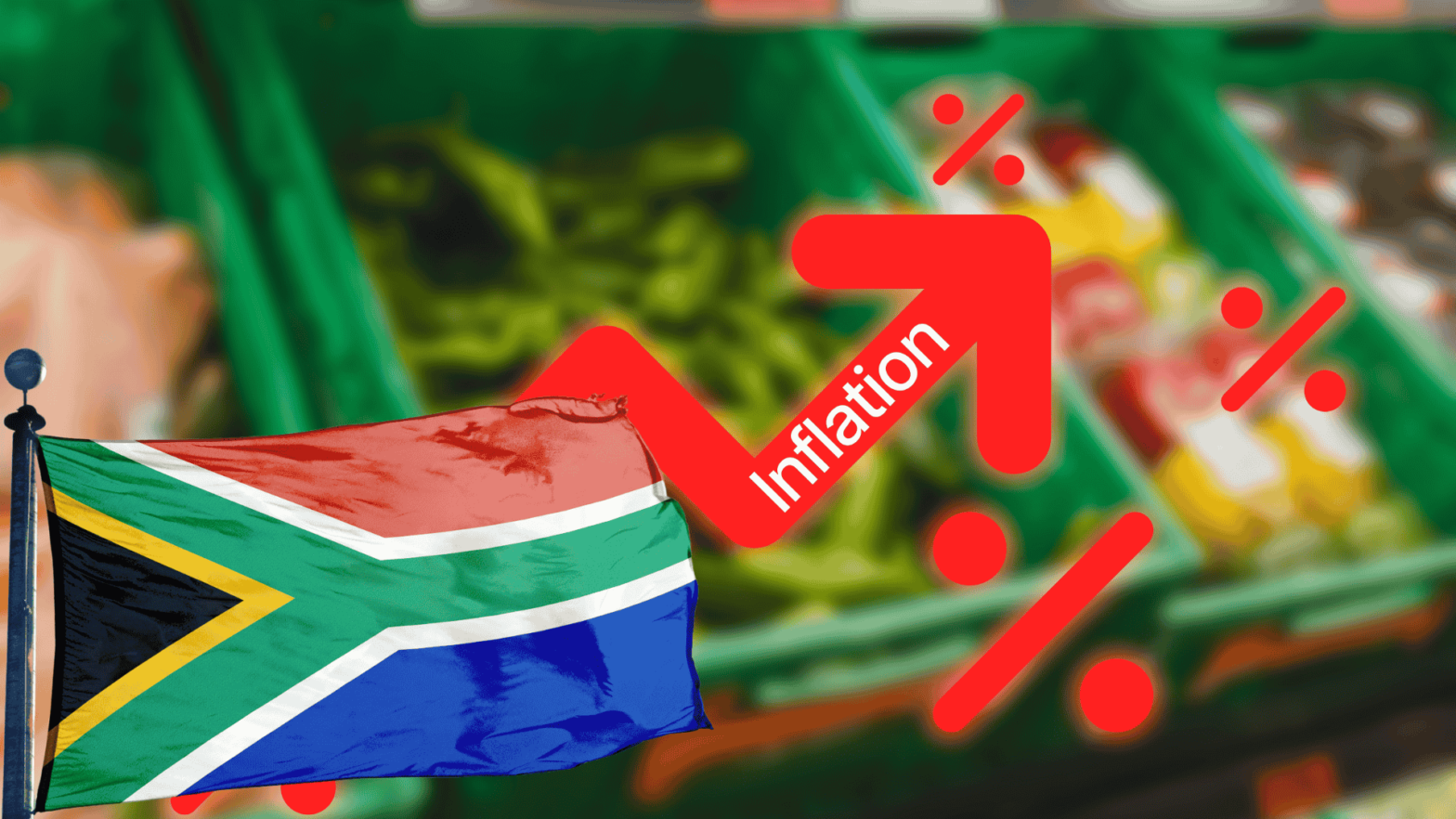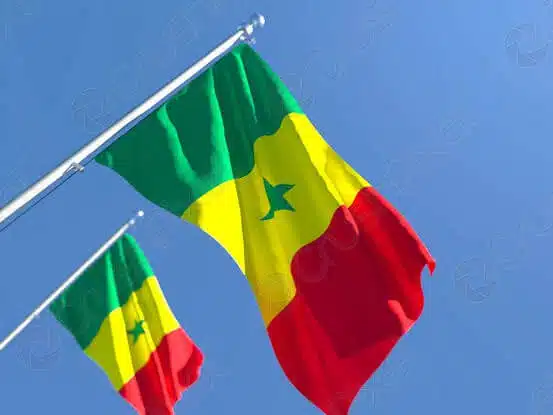In the same year Uganda lost preferential access to markets in the United States, the country nearly doubled its export earnings, a top presidential adviser revealed on Tuesday.
Odrek Rwabwogo, President Yoweri Museveni’s adviser on trade and industry, said Uganda exported coffee and other goods worth about $8 billion in 2024—almost double its performance two years earlier.
He made the disclosure during a press briefing in Kampala, describing the growth as a testament to the country’s trade resilience despite recent diplomatic and financial setbacks.
In January 2024, Uganda was removed from the list of African countries eligible for duty-free exports to the US under the African Growth and Opportunity Act (AGOA) after President Museveni signed legislation criminalising certain homosexual acts.
The decision by the Biden administration was followed by lending freezes from the World Bank and other donors.
“In Uganda, we’ve kind of learned to live with these unilateral decisions, often made by those countries, especially the US,” Rwabwogo said.
“Last year, they woke up and said: ‘No more AGOA.’ But we increased our sales of roasted coffee in some of the major towns in the US.”
To sustain momentum, Uganda has expanded its market intelligence efforts by conducting targeted surveys and appointing trade representatives in key export destinations to understand consumer behaviour.
Domestically, the government has worked to organise farmers into cooperatives, introduced export-credit underwriting schemes, and invested in transport infrastructure to ease logistics bottlenecks.
Rwabwogo, who is widely seen as a potential successor to Museveni, urged African nations to pursue collective trade negotiations with the U.S instead of relying on bilateral deals.
“The US market is very important for any working country, even developed countries like China,” he said. “You can’t do much in terms of scale and growth for your companies if you are not in the largest market in the world.”
While coffee and gold remain Uganda’s top exports, the government is eyeing new markets and products. Efforts are underway to boost exports of dairy, vanilla, avocados, pineapples, and chillies.
The eastern African nation also recently launched direct flights to London in a bid to deepen trade ties with Europe and the UK.
Challenged by the AGOA setback, Uganda has shifted its trade focus to the region and Asia.
About 45 percent of its exports go to East and Central African countries, while China and India remain key trading partners.
The coffee producer is also turning to the Middle East to reduce dependence on traditional Western donors.
According to the South Africa-based Trade Law Centre, African countries exported $8.4 billion worth of goods to the U.S under AGOA last year.
Although U.S lawmakers are expected to extend the programme beyond its original September expiry date, it has effectively been overtaken by Trump’s tariff regime, under which Ugandan goods now face a 10% levy.











